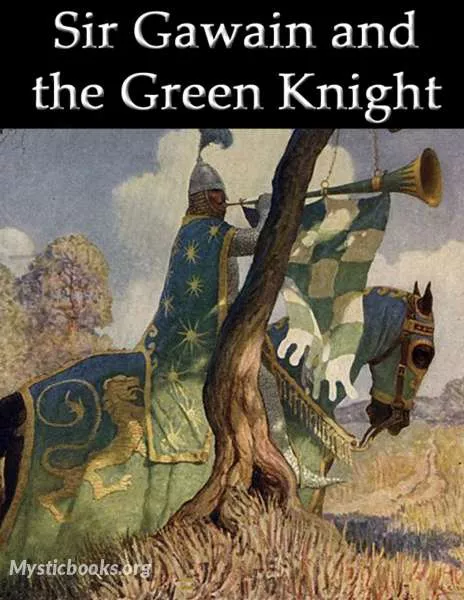
Sir Gawain and the Green Knight
'Sir Gawain and the Green Knight' Summary
In Camelot on New Year's Eve, King Arthur's court is exchanging gifts and waiting for the feasting to start when the king asks to see or hear of an exciting adventure. A gigantic figure, entirely green in appearance and riding a green horse, rides unexpectedly into the hall. He wears no armour but bears an axe in one hand and a holly bough in the other. Refusing to fight anyone there on the grounds that they are all too weak to take him on, he insists he has come for a friendly Christmas game: someone is to strike him once with his axe on the condition that the Green Knight may return the blow in a year and a day. The splendid axe will belong to whoever accepts this deal. Arthur himself is prepared to accept the challenge when it appears no other knight will dare, but Sir Gawain, youngest of Arthur's knights and his nephew, asks for the honour instead. The giant bends and bares his neck before him and Gawain neatly beheads him in one stroke. However, the Green Knight neither falls nor falters, but instead reaches out, picks up his severed head and remounts, holding up his bleeding head to Queen Guinevere while its writhing lips remind Gawain that the two must meet again at the Green Chapel. He then rides away. Gawain and Arthur admire the axe, hang it up as a trophy and encourage Guinevere to treat the whole matter lightly.
As the date approaches, Sir Gawain sets off to find the Green Chapel and keep his side of the bargain. Many adventures and battles are alluded to (but not described) until Gawain comes across a splendid castle where he meets the lord of the castle and his beautiful wife, who are pleased to have such a renowned guest. Also present is an old and ugly lady, unnamed but treated with great honour by all. Gawain tells them of his New Year's appointment at the Green Chapel and that he only has a few days remaining. The lord laughs, explaining that there is a path that will take him to less than two miles away, and proposes that Gawain rest at the castle until then. Relieved and grateful, Gawain agrees.
Now the lord proposes a bargain: he goes hunting every day, and he will give Gawain whatever he catches on the condition that Gawain give him whatever he may gain during the day. Gawain accepts. After he leaves, his wife visits Gawain's bedroom and behaves seductively, but despite her best efforts he allows her nothing but a single kiss in his unwillingness to offend her. When the lord returns and gives Gawain the deer he has killed, Gawain gives a kiss to him without divulging its source. The next day the lady comes again, Gawain again courteously foils her advances, and later that day there is a similar exchange of a hunted boar for two kisses. She comes once more on the third morning, but once her advances are denied, she offers Gawain a gold ring as a keepsake. He gently but steadfastly refuses but she pleads that he at least take her sash, a girdle of green and gold silk. The sash, the lady assures him, is charmed and will keep him from all physical harm. Tempted, as he may otherwise die the next day, Gawain accepts it, and they exchange three kisses. The lady has Gawain swear that he will keep the gift secret from her husband. That evening, the lord returns with a fox, which he exchanges with Gawain for the three kisses – but Gawain says nothing of the sash.
The next day, Gawain binds the sash around his waist. At the so-called Green Chapel, only an earthen mound, he finds the Green Knight sharpening an axe. As promised, Gawain bends his bared neck to receive his blow. At the first swing, Gawain flinches slightly and the Green Knight belittles him for it. Ashamed of himself, Gawain doesn't flinch with the second swing; but again the Green Knight withholds the full force of his blow. The knight explains he was testing Gawain's nerve. Angrily Gawain tells him to deliver his blow and so the knight does, causing only a slight wound on Gawain's neck. The game is over. Gawain seizes his sword, helmet and shield, but the Green Knight, laughing, reveals himself to be none other than the lord of the castle, Bertilak de Hautdesert, transformed by magic. He explains that the entire adventure was a trick of the "elderly lady" Gawain saw at the castle, who is actually the sorceress Morgan le Fay, Arthur's step-sister, who intended to test Arthur's knights and frighten Guinevere to death. The nick Gawain suffered at the third stroke was because of his attempt to conceal the gift of the sash. Gawain is ashamed to have behaved deceitfully but the Green Knight laughs and professes him the most blameless knight in all the land. The two part on cordial terms. Gawain returns to Camelot wearing the sash as a token of his failure to keep his promise. The Knights of the Round Table absolve him of blame and decide that henceforth each will wear a green sash in recognition of Gawain's adventure and as a reminder to be always honest.
Book Details
Language
EnglishOriginal Language
EnglishPublished In
14th CenturyAuthors
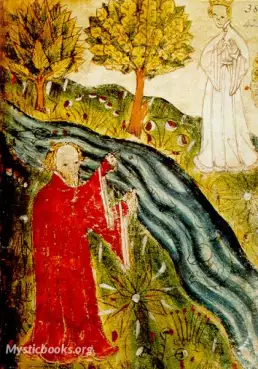
The Gawain Poet
United Kingdom
The "Gawain Poet", or less commonly the "Pearl Poet", is the name given to the author of Sir Gawain and the Green Knight, an alliterative poem written in 14th-century Middle English. Its author appear...
Books by The Gawain PoetDownload eBooks
Listen/Download Audiobook
Related books

Battle-Pieces and Aspects of the War by Herman Melville
Battle-Pieces and Aspects of the War by Herman Melville is a collection of poems about the American Civil War. The poems are written from the perspect...
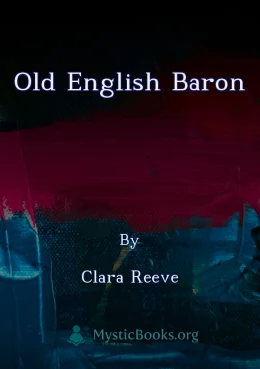
Old English Baron by Clara Reeve
The Old English Baron is a gothic romance novel that follows the adventures of Sir Philip Harclay, a knight who returns to medieval England to find th...
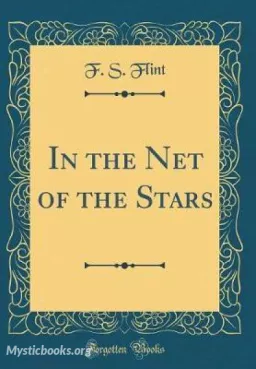
In the Net of the Stars by F. S. Flint
The poems in In the Net of the Stars are mostly about love, nature, and the beauty of the world. Flint's love poems are passionate and intense, and hi...

I Keep Six Honest Serving-men by Rudyard Kipling
"I keep six honest serving-men (They taught me all I knew); Their names are What and Why and When And How and Where and Who." This poem by Rudyard Ki...

Iliad (Pope Translation) by Homer
The Iliad, attributed to the ancient Greek poet Homer, is a cornerstone of Western literature. It narrates the final year of the Trojan War, focusing...
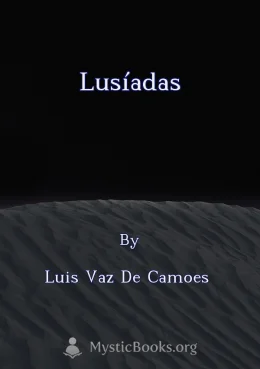
Lusíadas by Luis Vaz de Camoes
Os Lusíadas, considered the masterpiece of Portuguese poet Luís Vaz de Camões, is an epic poem in ten cantos. It chronicles the Portuguese voyages of...
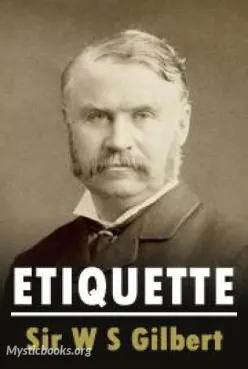
Etiquette by W. S. Gilbert
Amidst Victorian airs and poised façades, "Etiquette" unfurls a tale where honesty invades. Lord Lavender, a mirthful disruptor of norms, shatters dec...
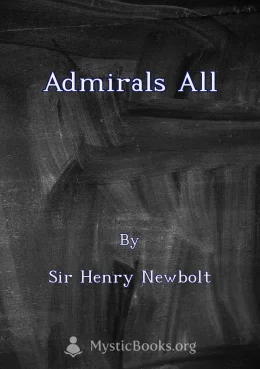
Admirals All by Sir Henry Newbolt
Admirals All is a collection of poems by Sir Henry Newbolt, a British poet and military historian, published in 1897. The poems explore themes of nava...
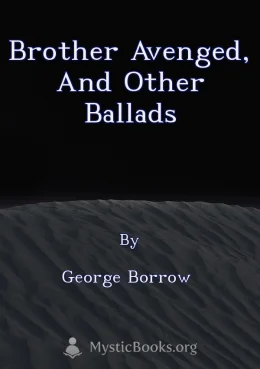
Brother Avenged, and Other Ballads by George Borrow
“Brother Avenged, and Other Ballads” is a collection of ten narrative poems by George Borrow. These poems transport readers to a medieval world, where...

Very Short Stories And Verses For Children by Lucy Clifford
This book is a collection of short stories and poems intended for children, aiming to teach valuable life lessons through engaging narratives and vers...
Reviews for Sir Gawain and the Green Knight
No reviews posted or approved, yet...